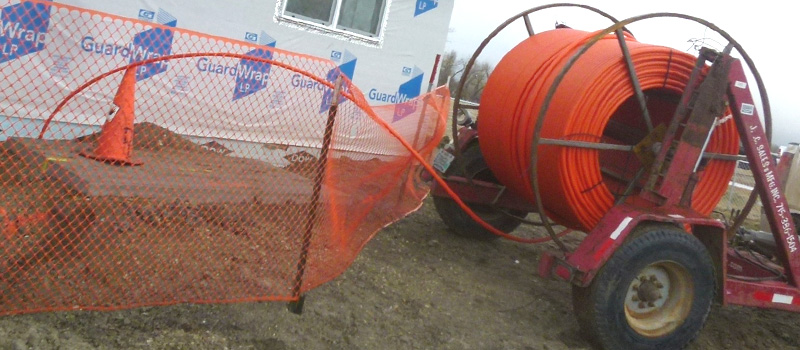
(Photo: U.S. Forest Service Northern Region)
Originally published in The Fresno Bee
For many of us, 2020 will be marked in our collective memory as the year of shelter-in-place, social distancing, and video conferences from home for work, school, and doctor visits. But for the 22 percent of Californian households living without high-speed Internet service at home, this year will be defined by challenges that should have been fixed decades ago: the lack of accessible and affordable broadband.
Gov. Gavin Newsom will take the virtual center stage at the California Economic Summit this week to deliver his vision for the state’s economic future. On Friday, his remarks will mark the anniversary of his appearance at the Summit last year in Fresno where he delivered a bold vision to close the Digital Divide that exists in too many communities: Broadband for All.
Little did anyone know how timely his call to action would be. COVID-19 has brought into clear focus deep digital disparities across California, especially here in the San Joaquin Valley. An estimated 46,000 households, many with school-aged children, still lack access to broadband infrastructure in the Central Valley.
In August, the governor issued an eexecutive order calling for an action pPlan by the end of the year to accelerate improvements to Internet access, particularly for families with school-aged children. Through the Governor’s Task Force on Business and Jobs Recovery, the state already has shipped more than 73,000 computer devices and 100,000 hot spots to school districts. Superintendent of Public Instruction Tony Thurmond and his Digital Divide Task Force also have mobilized diligently to assist schools and students. But, the administration and Legislature must do more.
California is the fifth-largest economy globally, yet one in five K-12 students are under-connected and 35 percent of households with schoolchildren lack internet access. Further, two-thirds of low-income households in California don’t have children in school and have been entirely left out of the state’s efforts.
The Digital Divide, stemming from concentrated and persistent poverty, is a manifestation of the wealth gap in California. Families sitting on the wrong side of the Digital Divide are being left behind at an accelerating pace — unable to apply for jobs, access public services and telehealth, or obtain public safety information during an emergency. These Californians are increasingly disenfranchised from participating in our democracy. This is unacceptable.
As a follow-up to his commitment from a year ago, Newsom and the Legislature should redouble efforts to respond to this crisis by authorizing immediate investments in broadband infrastructure and calling upon all Internet Service Providers (ISPs) and technology companies to pull their weight in the fight for digital equity. We need ubiquitous high-speed Internet infrastructure that is reliable and affordable. California’s innovative spirit is fueled by these authentic public-private partnerships.
The California Economic Summit is a bipartisan network of business, equity, environmental and civic organizations from across the state dedicated to championing solutions that meet the triple bottom line — integrating social equity, environmental sustainability and economic growth. Summit leaders recognize that connection to the Internet is essential for economic prosperity, public safety, and quality of life.
We support bold action to close the Digital Divide that relies on deep and authentic collaboration with ISPs coupled with unprecedented and accelerated Internet infrastructure construction. Broadband for all will result in higher returns on investment than any other strategy to jump-start economic recovery from the pandemic.
Join us at the California Economic Summit on Dec. 3 and 4 to help make it happen.
Peter Weber of Fresno is co-chair of CA FWD’s Leadership Council, and Eduardo Gonzalez is executive director of the Office of Community and Economic Development at Fresno State.

